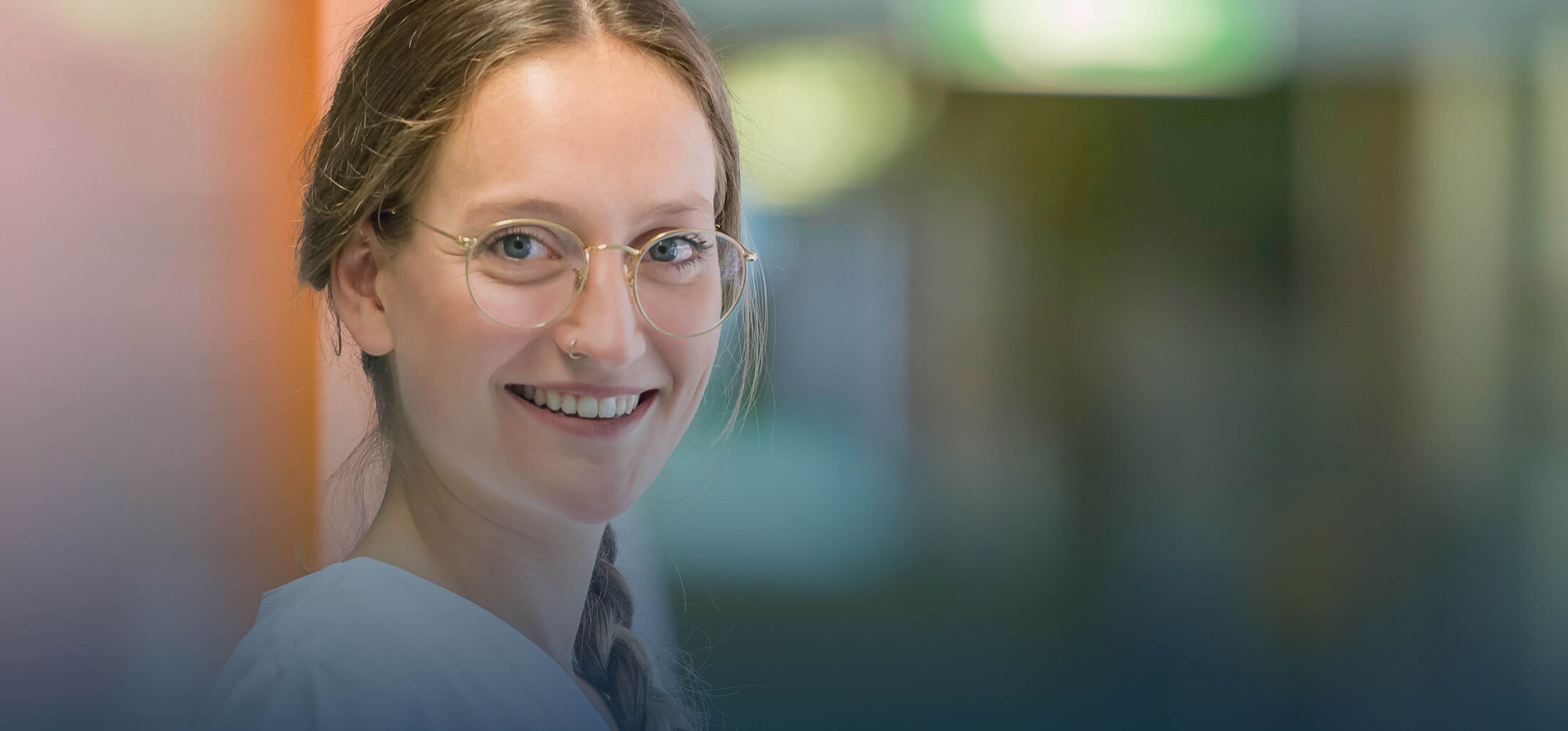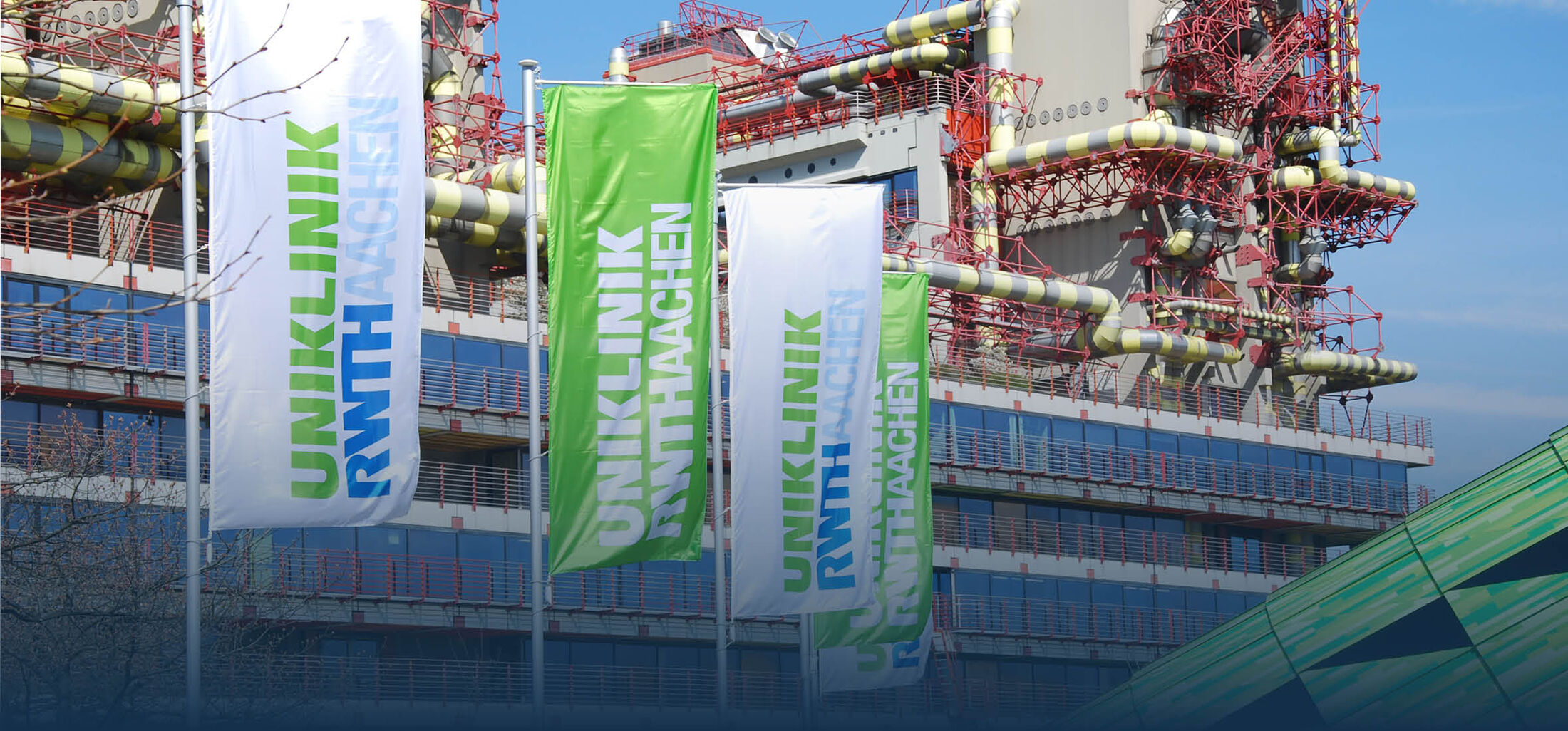Comprehensive Diagnostic Center Aachen (CDCA)
In an increasingly networked and digital medicine, the availability of larger data collectives is an important prerequisite for contemporary research. Following the introduction of advanced slice technologies and molecular diagnostics, the use of digital techniques and artificial intelligence in medicine represents a third revolutionary step in the diagnosis of disease. In this context, the automation of image analysis and data management will increase the reliability and reproducibility of diagnostic processes reduce costs.
This is where the Comprehensive Diagnostic Center Aachen (CDCA) comes in as a multidisciplinary, interdisciplinary institution of the RWTH Aachen University Hospital and the Medical Faculty of the RWTH Aachen University. Although numerous diseases have already been well researched today, their manifestations in patients and thus the diagnostic data obtained vary greatly from patient to patient.
The CDCA, founded in early June 2018, aims to develop tools to automatically evaluate and combine these different diagnostic data and thus make them efficiently usable for the benefit of the patient.
Advanced image analysis techniques can extract multiple parameters from non-invasive and histopathological image data, group them, correlate them and combine them with artificial intelligence to form meaningful combinations. The high potential of such "radiomic" approaches has already been demonstrated for some diseases.
It is also expected that the importance of proteomic and genomic blood and urine analysis for the diagnosis and follow-up of diseases will increase. It is the task of the CDCA to examine to what extent the different diagnostic procedures and parameters are complementary or redundant and which procedures with the smallest time and cost scope enable the patient to select and control the optimal therapy.





![[Translate to Englisch:]](/fileadmin/files/global/_processed_/9/b/csm_Header_2.360x1100_Krankenversorgung_Pflege_ea0ad6f6be.jpg)
